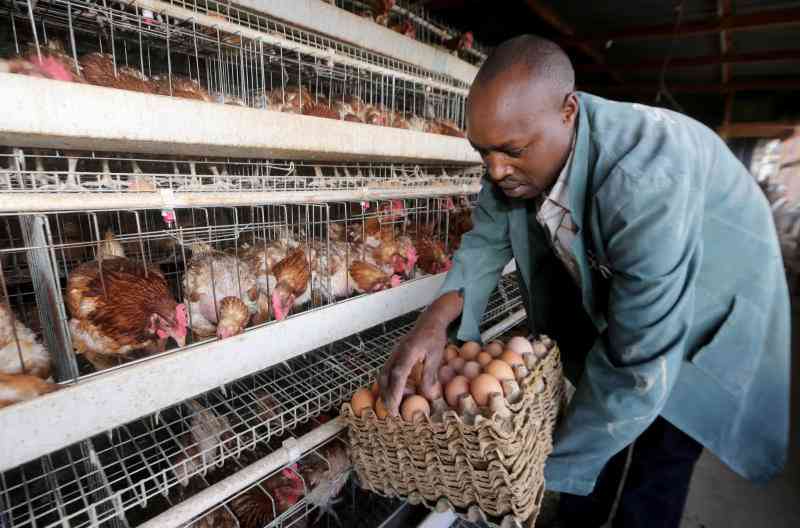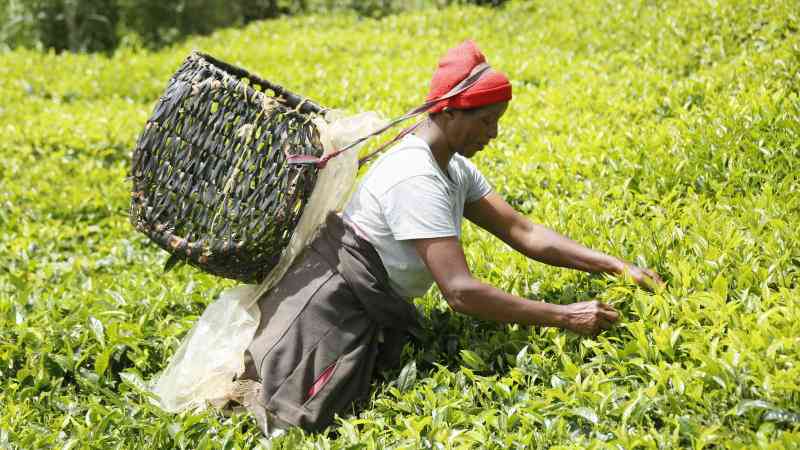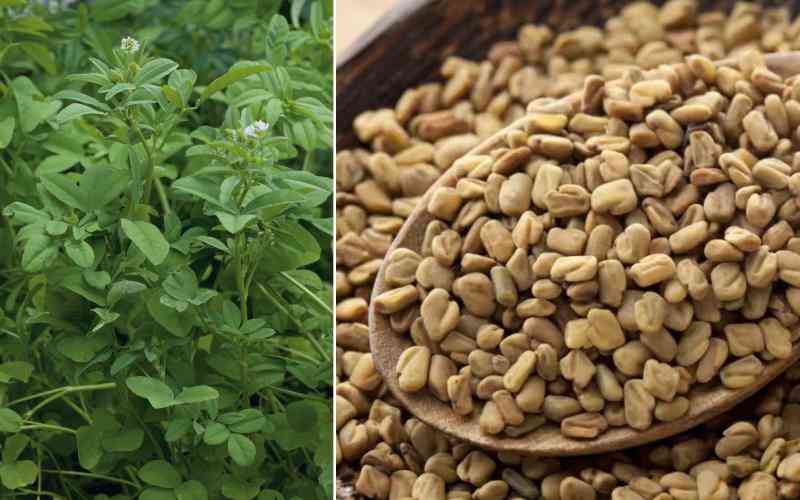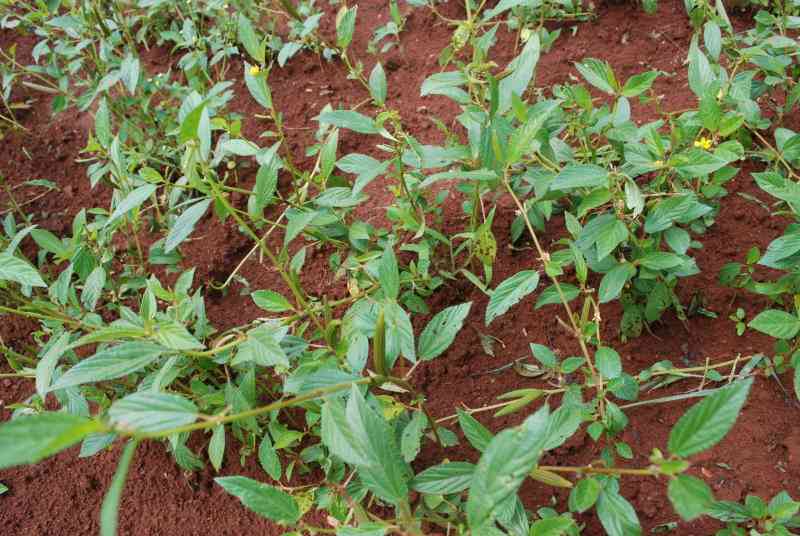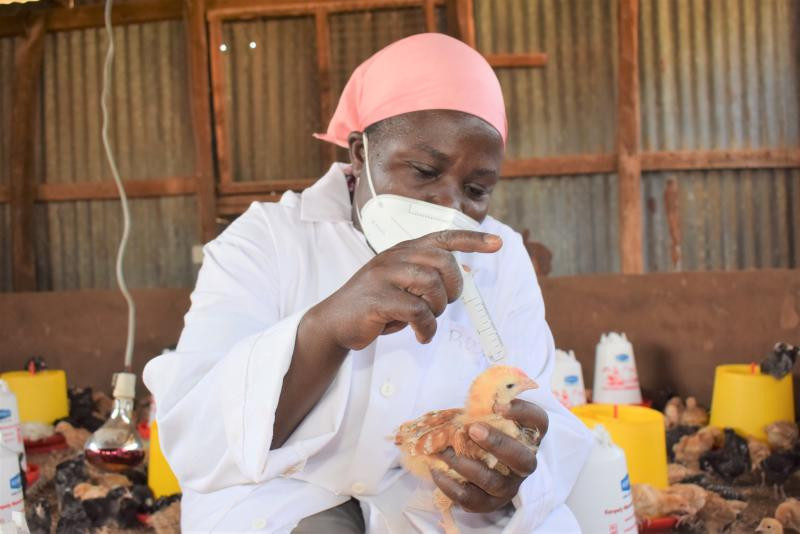Wild Arabica coffee in danger of extinction, warns report
International Union of Conservation and Nature (IUCN) has listed Wild Arabica coffee as an endangered species.
The coffee, which grows naturally in the wild in Mount Marsabit-Kenya, Ethiopia and parts of South Sudan was this year published in the Redlist as endangered due to effects of climate change.
The coffee once thrived in south-western and southern Ethiopia, where it grows in the mountain rain forests.
The species also grows at Mount Boma in South Sudan. However, the plant is now becoming rare in its wild state and has since been classified as endangered.
“Deforestation, climate change, diseases and pests are the major threats to the coffee. As an understory plant, incapable of surviving unassisted in secondary forest, deforestation is a severe threat to the wild populations,” IUCN noted.
The global conservation body noted that higher temperatures that have been experienced as a result of climate change has been detrimental to the plant.
“Average temperatures above 23°C can accelerate the development and ripening of fruits and leading to decreased beverage quality, we would expect to see similar effects in the wild species with possible adverse effects on reproductive success,” the report projects.
Coffee Berry Borer, the most problematic pest for coffee farming worldwide is also projected to become more of a threat in East Africa as temperatures rise due to climate change.
Classification under Endangered, according IUCN Redlist means that it possess a very high risk of extinction as a result of rapid population declines of 50 to more than 70 per cent over the previous 10 years.
In Mount Marsabit, the Arabica coffee grows in the forest undergrowth with a higher density occurring on open patches where it competes with other shrubs and small tress in the forest. However, the forest has since faced a lot of challenges including illegal encroachment and logging, putting the future of wild Arabica coffee’s genetic resource at stake
Wild coffee has been known to fetch good prices in the international market due to its connection to the territory, which gives it its unique characteristics. The variety is also resistant to wide range of diseases.
Of the world’s known 124 species, Arabica coffee, according to a research published in Science Advances in January 2019, has the most thorough extinction risk assessment.
The research noted that wild coffee has been known to fetch good prices in the international market due to its connection to the territory, which gives it its unique characteristics.
“We found that at least 60 per cent of all coffee species are threatened with extinction. We propose that wild coffee species are extinction sensitive, especially in an era of accelerated climatic change,” the research noted. To combat impacts of climate change in coffee sector, five coffee growing counties have started mainstreaming climate-smart agriculture in a move to enhance adaptation and boost production.
Want to get latest farming tips and videos?
Join Us
Share this article on social
 The Standard Group Plc is a multi-media organization
with investments in media platforms spanning newspaper print operations,
television, radio broadcasting, digital and online services. The Standard Group
is recognized as a leading multi-media house in Kenya with a key influence in
matters of national and international interest.
The Standard Group Plc is a multi-media organization
with investments in media platforms spanning newspaper print operations,
television, radio broadcasting, digital and online services. The Standard Group
is recognized as a leading multi-media house in Kenya with a key influence in
matters of national and international interest.
 The Standard Group Plc is a multi-media organization
with investments in media platforms spanning newspaper print operations,
television, radio broadcasting, digital and online services. The Standard Group
is recognized as a leading multi-media house in Kenya with a key influence in
matters of national and international interest.
The Standard Group Plc is a multi-media organization
with investments in media platforms spanning newspaper print operations,
television, radio broadcasting, digital and online services. The Standard Group
is recognized as a leading multi-media house in Kenya with a key influence in
matters of national and international interest.

